Unlocking Your Memory: Techniques to Improve Memory Recall
Introduction
Memory plays a fundamental role in our daily lives. Whether
it's remembering important information for an exam, recalling a cherished
childhood memory, or simply recalling where we left our keys, memory is the
foundation of our experiences and knowledge. However, we've all experienced
moments of forgetfulness or struggled with recalling information when we need
it most. The good news is that memory is not a fixed trait, but rather a skill
that can be enhanced and optimized.
In this blog, we will explore the fascinating workings of
memory in the brain and delve into practical techniques that can help improve
memory recall. By understanding how memory functions and employing effective
memory enhancement strategies, you can unlock the full potential of your memory
and enhance your ability to remember and retrieve information.
So, whether you're a student looking to improve your study
skills, a professional aiming to boost productivity, or simply someone
interested in optimizing cognitive abilities, this guide is for you. Let's dive
into the captivating world of memory and discover how to unlock its incredible
power.
How Memory Works
Memory is a complex cognitive process that involves the encoding, storage, and retrieval of information in the brain. Understanding the intricate mechanisms underlying memory formation and retrieval can provide valuable insights into how we can optimize memory recall. Let's delve into the neurobiological foundations of memory.
A. Encoding: The initial stage of memory involves encoding,
where sensory information is processed and transformed into neural
representations. This process relies on the engagement of sensory receptors,
which transmit signals to specific brain regions for further processing.
Attention and perception play pivotal roles in the encoding process, enabling
the selection and prioritization of relevant information.
B. Storage: Once encoded, memories enter the storage phase,
during which they are retained in the brain for subsequent retrieval. Memory
storage is thought to involve the establishment and strengthening of synaptic
connections between neurons. This process, known as synaptic plasticity, relies
on neurochemical signaling and structural changes in neural networks.
Short-term memories are primarily maintained through transient modifications in
existing connections, while long-term memories necessitate more enduring
structural and molecular alterations.
C. Retrieval: The retrieval stage involves the reactivation and reconstruction of stored memories from the neural networks established during encoding and storage. Successful retrieval depends on the interaction between the prefrontal cortex, responsible for executive functions and memory organization, and various other brain regions associated with specific memory content. The precise mechanisms underlying retrieval are still under investigation, but evidence suggests that the reinstatement of neural patterns associated with the original encoding plays a critical role.
D. Types of Memory: Memory can be classified into different
types based on duration and content. Short-term memory, or working memory, is
characterized by its limited capacity and brief retention of information.
Long-term memory, in contrast, has a vast storage capacity and can endure for
extended periods. Long-term memory can be further divided into explicit
(declarative) memory, involving conscious recall of facts and events, and
implicit (procedural) memory, which is non-conscious and encompasses skills,
habits, and conditioned responses.
E. Brain Regions Involved: Multiple brain regions contribute to the intricate process of memory. The hippocampus, located within the medial temporal lobe, is crucial for the formation of new memories and the consolidation of short-term memories into long-term memories. Additionally, the prefrontal cortex, amygdala, temporal lobe, and other interconnected areas are implicated in different aspects of memory processing, including emotional memory, sensory memory, and memory retrieval.
Understanding the intricate neurobiological aspects of
memory lays the foundation for implementing targeted strategies to enhance
memory recall. In the next section, we will explore the factors influencing
memory recall and elucidate strategies to overcome potential challenges.
Factors Affecting Memory
Several factors can influence memory recall, either
enhancing or impairing the retrieval of stored information. One crucial aspect
is the impact of age on memory. As individuals age, they may experience natural
changes in memory functioning, such as a decline in working memory capacity and
a slower retrieval speed. Additionally, external factors like stress and sleep
deprivation can adversely affect memory recall. Stress hormones released during
periods of stress can interfere with memory formation and retrieval processes.
Inadequate sleep, both in terms of quantity and quality, can also impair memory
consolidation and retrieval. Furthermore, attention and emotional states play
significant roles in memory recall. Strong attention and focus increase the
likelihood of successful retrieval, while emotional arousal can enhance or
disrupt memory depending on the circumstances. Understanding these factors can
guide us in implementing strategies to optimize memory recall.
Memory Techniques for Better Recall
A. Organization and Chunking
Breaking information into smaller, manageable chunks: When faced with large amounts of information, it can be overwhelming for the brain to process and retain. By breaking the information into smaller, more digestible chunks, you make it easier for your brain to encode and retrieve the details. For example, if you're trying to remember a long list of items, group them into categories or create an acronym to aid recall.
Utilizing mnemonic devices and acronyms: Mnemonic devices
are memory aids that help you associate new information with existing knowledge
or create mental images. Acronyms are memorable abbreviations formed using the
first letters of a list of items or concepts. These techniques provide a
structure for organizing and remembering information more effectively.
B. Repetition and Practice
Spaced repetition: Instead of cramming information all at once, spacing out your study or practice sessions over time enhances memory retention and recall. The spacing effect takes advantage of the brain's ability to better encode and consolidate information when it is encountered multiple times with intervals in between.
Active recall: Engaging in active recall
exercises, such as flashcards or self-quizzing, strengthens memory retrieval.
Actively retrieving information from memory helps reinforce neural connections
and enhances the accessibility of that information in the future.
C. Visualization and Association
Chaining the images. The chaining method is a mnemonic technique that involves creating a story or narrative to link a series of items or concepts together. This method leverages the brain's natural ability to remember information in a sequential and interconnected manner. Create a vivid and imaginative story that connects the items or concepts in a logical and memorable way. Each item should be linked to the next item in the sequence through a visual or narrative association. By mentally retracing the story, you can recall the sequence of items, utilizing the chain of associations you created. As you recall each item, it triggers the memory of the next item in the sequence.
Linking new information to existing knowledge: By
associating new information with pre-existing knowledge or familiar concepts,
you can enhance memory recall. Find connections, similarities, or contrasts
between the new information and what you already know, as these associations
create stronger neural networks for retrieval.
Memory Improvement Strategies
A. Creating a Conducive Learning Environment
Minimize distractions: Find a quiet and comfortable space
where you can focus without interruptions or distractions. This allows your
brain to devote its full attention to the information you want to remember.
Organize your study materials: Keep your study materials and
notes organized and easily accessible. Use folders, labels, or digital tools to
categorize and structure information, making it easier to review and retrieve
later.
B. Utilizing Technology and Memory Apps
Digital note-taking: Using note-taking apps or software
allows you to organize and review information in a digital format. You can
easily search and retrieve specific information when needed, enhancing memory
recall.
C. Using Analog Methods
Writing and drawing: Research suggests that physically
writing notes by hand can promote better memory retention compared to typing on
a computer. Consider using traditional pen and paper to jot down key points,
create diagrams, or draw visual representations to reinforce memory recall.
D. Engaging in Activities That Stimulate the Brain
Puzzles and brain games: Engaging in puzzles, crosswords, Sudoku, or other brain games can challenge your cognitive abilities and help keep your brain sharp. These activities promote mental flexibility, problem-solving skills, and memory recall.
Learning new skills: Engage in activities that require learning new skills or knowledge, such as playing a musical instrument, learning a new language, or taking up a new hobby. This type of active learning stimulates different areas of the brain, strengthens neural connections, and enhances memory recall.
E. Practicing Retrieval
Frequent self-testing: Regularly test your own knowledge and
memory by quizzing yourself on the material. This practice of retrieval
strengthens memory recall pathways and helps identify areas that require
further review.
Teach or explain the material: Teaching or explaining what
you have learned to someone else reinforces your understanding and enhances
memory retrieval. This technique, known as the "protégé effect,"
helps consolidate information and fill gaps in your knowledge.
By incorporating these memory improvement strategies into your daily routine, you can enhance memory recall, boost cognitive performance, and improve your overall learning experience. Remember to be consistent, practice regularly, and find a combination of techniques that work best for you.

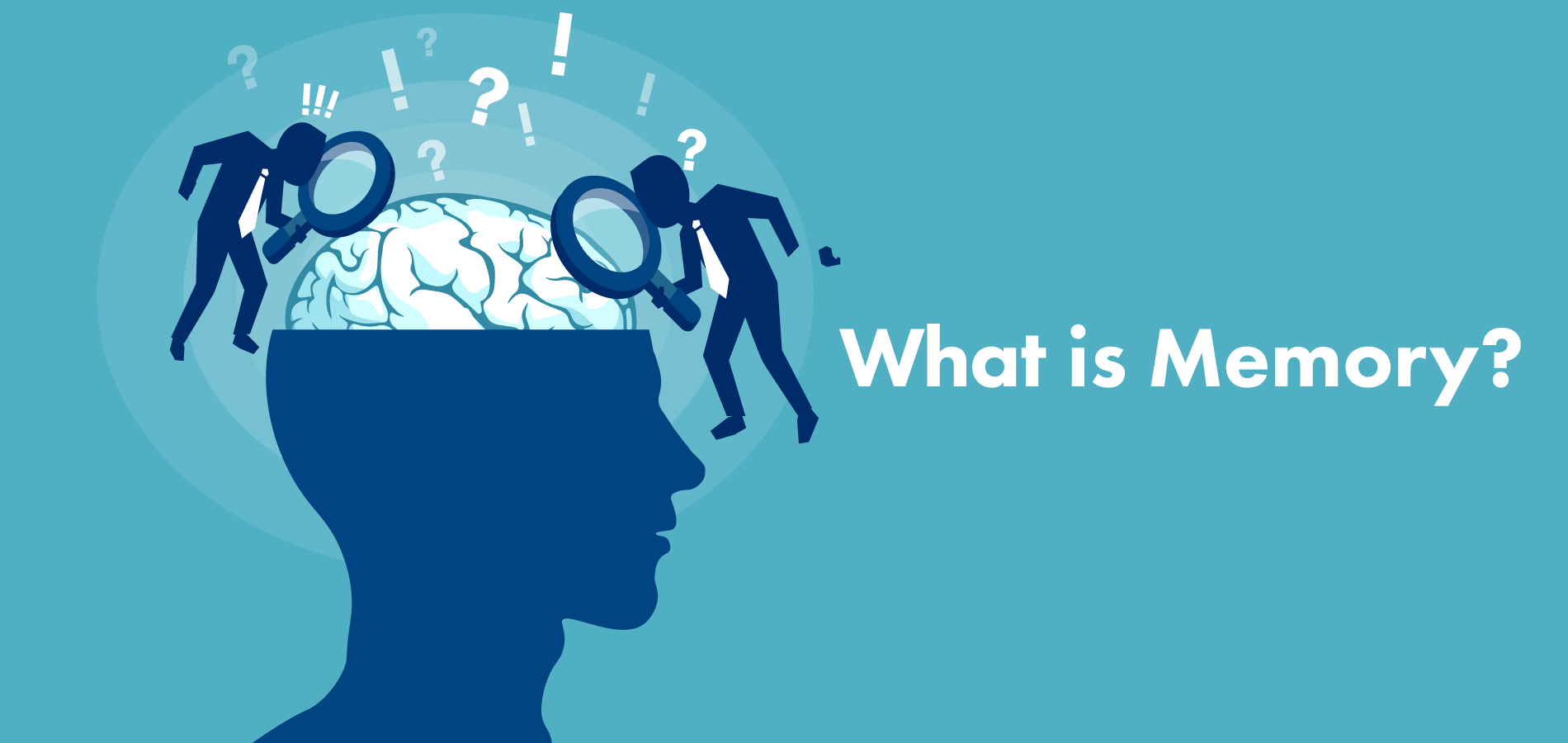

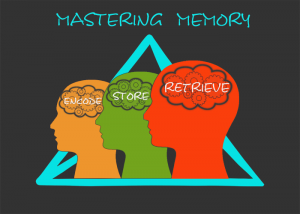
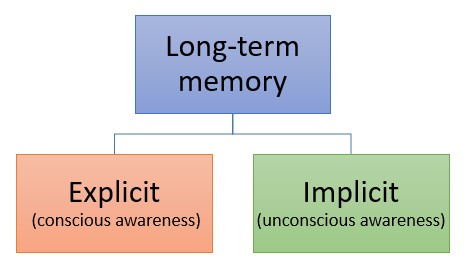
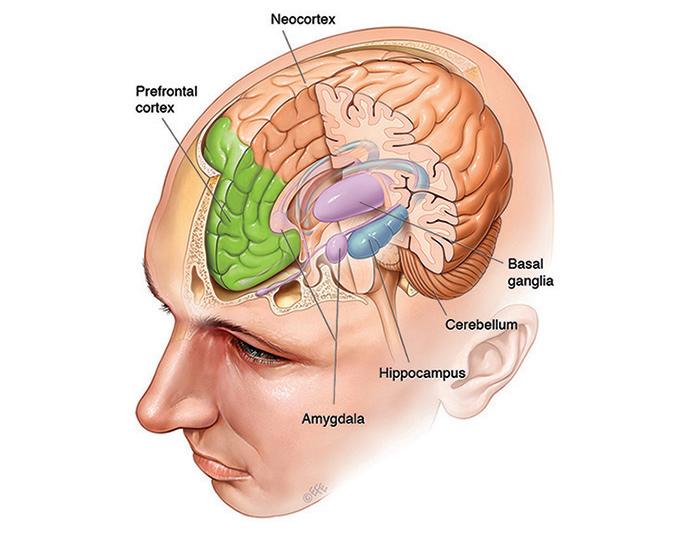
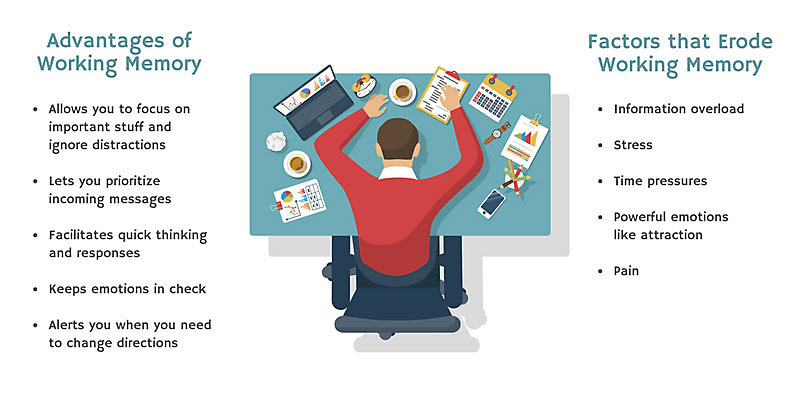








Comments
Post a Comment